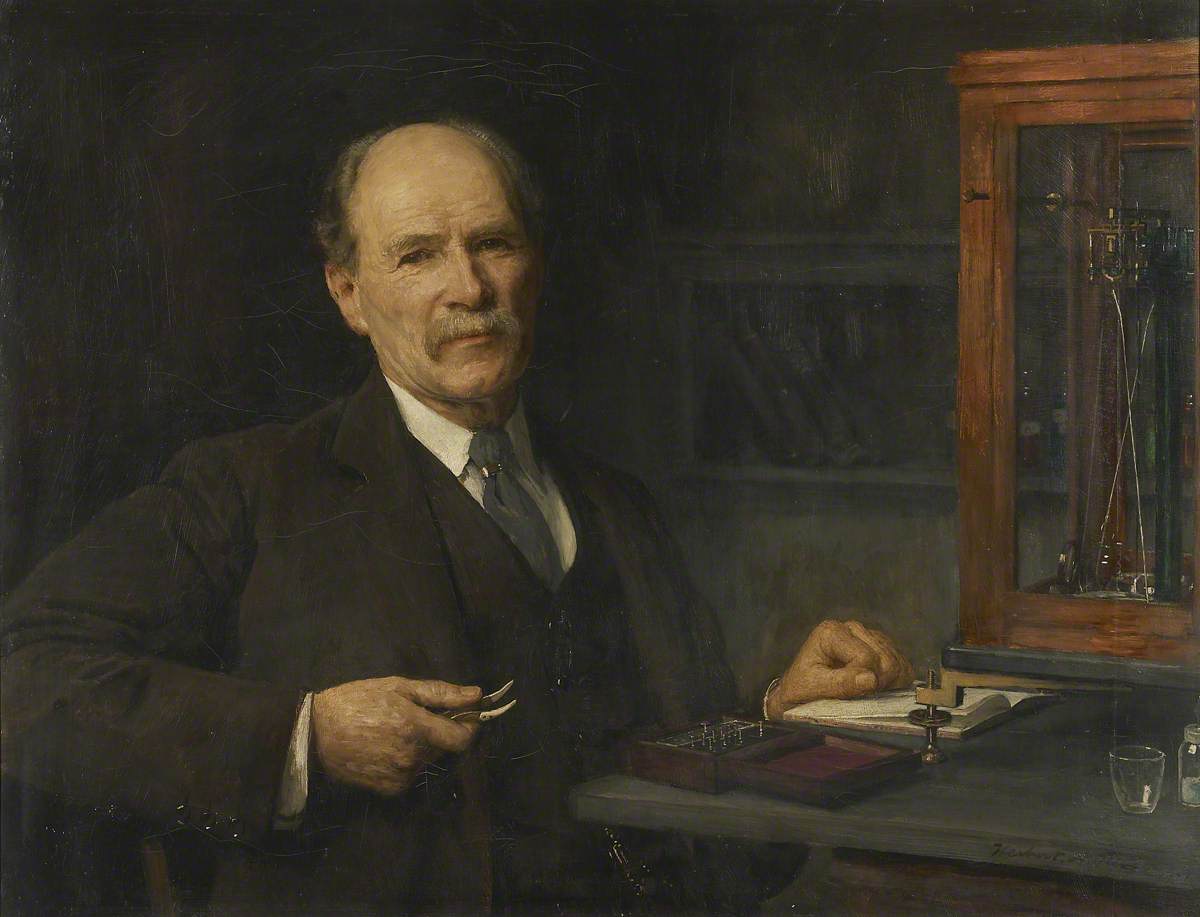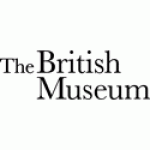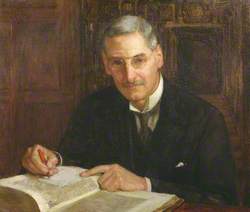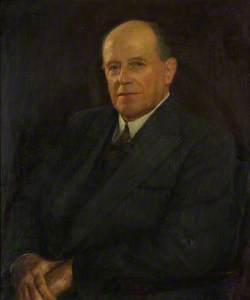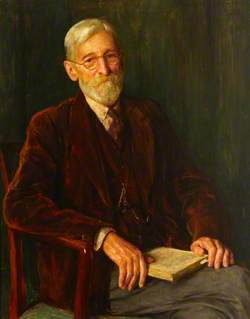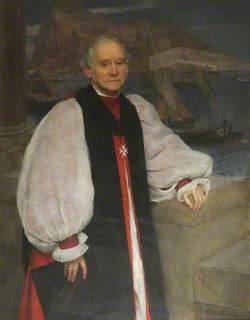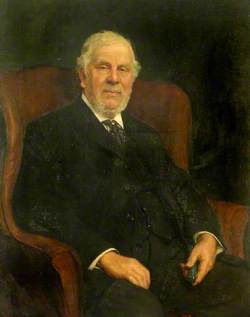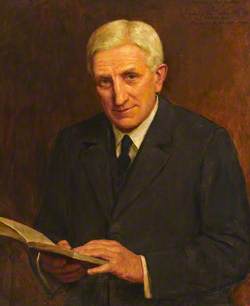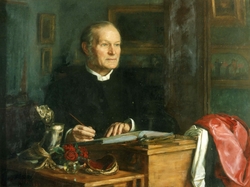How you can use this image
This image is available to be shared and re-used under the terms of the Creative Commons Attribution-NonCommercial-ShareAlike licence (CC BY-NC-SA).
This image can be reproduced in any way but your use of it cannot be for any kind of commercial purpose. Any work you create using this image must also be
Wherever you reproduce the image or an altered version of it, you must attribute the original creators (acknowledge the original artist(s), the person/organisation that took the photograph of the work) and any other stated rights holders.
Review our guidance pages which explain how you can reuse images, how to credit an image and how to find more images in the public domain or with a Creative Commons licence available.
DownloadNotes
Add or edit a note on this artwork that only you can see. You can find notes again by going to the ‘Notes’ section of your account.
In 1919 Dr Alexander Scott, a past president of the Chemical Society, was asked by the Department of Scientific and Industrial Research to conduct an inquiry into the condition of antiquities at the British Museum stored underground during the First World War. On his recommendation, in 1920 a scientific laboratory was set up, initially on a temporary basis. This became part of the Museum in 1931, headed by Scott until 1938. A small team carried out scientific study of ancient materials and their reactions to various environmental conditions, and methods of preservation and restoration were evolved. From this developed today’s Department of Conservation and Scientific Research, one of the oldest and largest conservation facilities in the world.
Title
Dr Alexander Scott (1853–1947), First Head of the Research Laboratory
Date
1930s
Medium
oil on canvas
Measurements
H 90 x W 98 cm
Accession number
Painting.70
Acquisition method
gift from Dr Harold James Plenderleith
Work type
Painting
